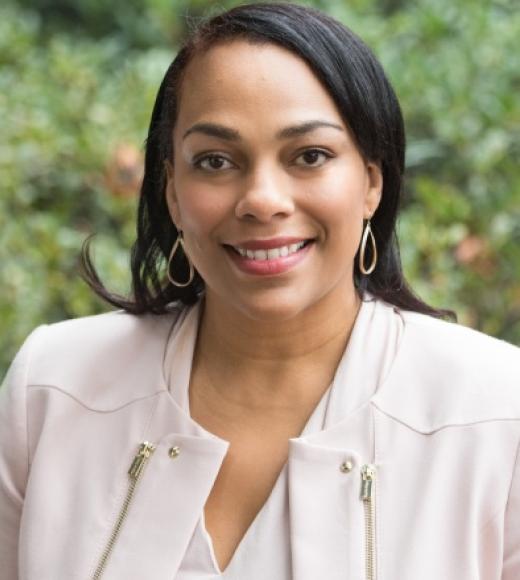
Position Title
Community Counselor
- Counseling Services
Partner Units
Women’s Resources and Research Center (WRRC)
Located on the 1st Floor of North Hall
Veteran’s Success Center and Transfer Reentry Center
Office located on the 2nd Floor in the MU Building in the Veteran’s Success Center Conference Room
Schedule
Monday – Remote Day (Zoom Appointments)
8:00 a.m. – 6:30 p.m.
Tuesday, Wednesday, and Thursday:
8:00 a.m. - 6:30 pm (Zoom or In-Person Appointments at either location, you are welcome to state if you have a preference)
Contact Information
These communication methods are intended for staff, faculty, students, and community communications.
Appointments
To make an initial appointment, please send an email to Tracy at tthomas@ucdavis.edu with the days and times you are available for an appointment Monday -Thursday. She will reply back to schedule an informal CAN consultation appointment to discuss your needs.
Students who have already established clinical care with Tracy are advised to use Health-e-Messaging for all communications.
About Me
Education
BA in Communication Studies
MA, Psychology - Marriage and Family Therapy
How I Work With Students
About Me
Identities that Represent Me
Black, Indigenous/Native American, Allo-Inclusive
